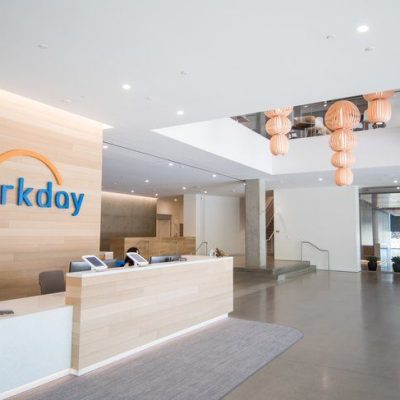Perplexity AI copyright infringement cases have recently gained substantial attention, particularly with the lawsuit involving Japan’s leading newspapers, Nikkei and Asahi Shimbun. These cases highlight significant concerns in the intersection of AI technology and intellectual property rights. As AI-generated content becomes increasingly prevalent, copyright infringement claims from media companies are on the rise. In fact, research indicates that over 30% of content creators have reported issues regarding copyright violations from AI systems. This legal battle is emblematic of broader challenges faced by AI startups as they navigate the complexities of copyright law. For more detailed information, check out the Asahi Shimbun article discussing the lawsuit.
Understanding the Scope of the Lawsuit Against Perplexity AI
The lawsuit filed by Nikkei and Asahi alleges that Perplexity AI infringed upon copyrights by using their content without proper attribution or licensing. This case serves as an important reminder of the legal frameworks surrounding AI-generated content. As AI technologies advance, the potential for copyright disputes grows, raising concerns among content providers. Such lawsuits not only challenge current copyright laws but may also lead to new legislation aimed at protecting intellectual property rights. Given the implications of these developments, maintaining transparency in how AI models interact with existing content is paramount. For a deeper dive into the implications of these legal challenges, visit The National Law Review.
Implications for AI Companies and Content Creators
As AI technology continues to evolve, legal frameworks must keep pace. The ongoing litigation poses questions regarding the liability of AI companies when their systems utilize copyrighted material. Content creators must be vigilant and consider implementing better safeguard measures against potential copyright infringements. The rise in lawsuits may force startups to reconsider their operational protocols, leading to more stringent content sourcing practices. For ongoing developments in AI legislation, refer to Variety’s coverage.
📊 Key Issues to Consider
- Content Ownership: Understanding rights to AI-generated outputs.
- Compliance: Aligning with copyright laws in content creation.
Legal Strategies for Navigating Copyright Challenges
Companies like Perplexity AI will need robust legal strategies to manage potential copyright issues effectively. Organizations can adopt practices such as conducting thorough copyright audits and collaborating with legal experts to reinforce their compliance frameworks. As the AI landscape grows, implementing comprehensive intellectual property protections will become essential for sustainable growth.
Key Takeaways and Final Thoughts
The current lawsuit against Perplexity AI underscores the critical nature of copyright compliance in AI technology. With increasing litigation, both AI companies and content creators must navigate these landscapes carefully. Emphasis on transparency and adherence to the law will shape the future of AI development. For related discussions, see Reuters’ insights.
❓ Frequently Asked Questions
What are the key concerns regarding AI copyright infringement?
Concerns include unauthorized use of copyrighted material and the lack of transparent attribution. Additionally, litigation may create barriers to innovation in AI.
How can AI companies safeguard their operations?
Implementing strict content auditing, seeking legal counsel, and developing clear user policies are essential for safeguarding against potential copyright issues.
To deepen this topic, check our detailed analyses on Tech Startups section







